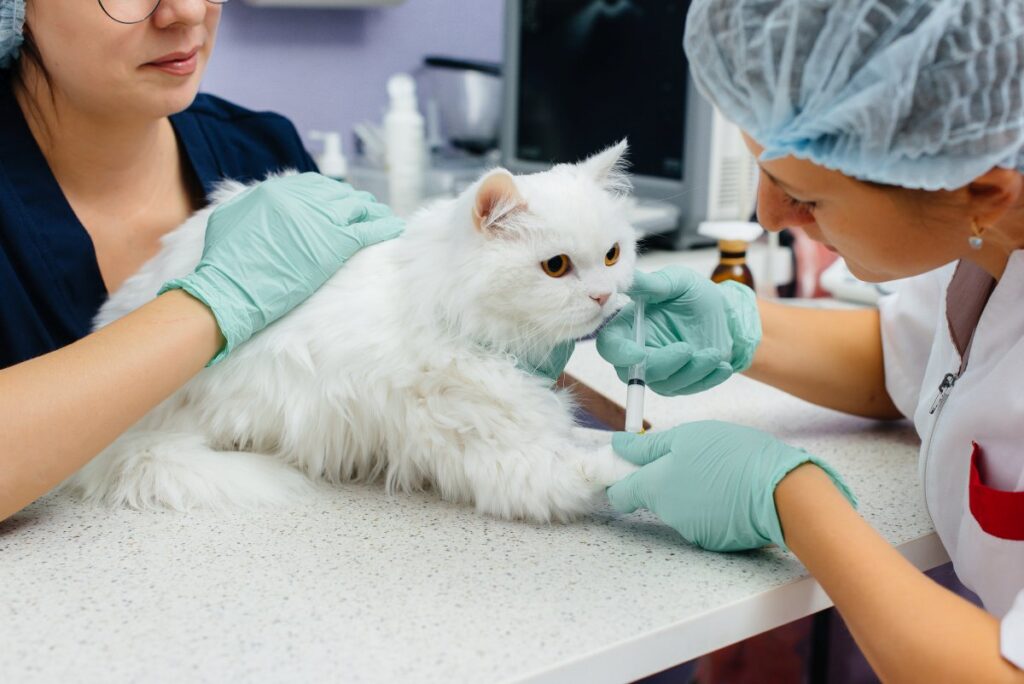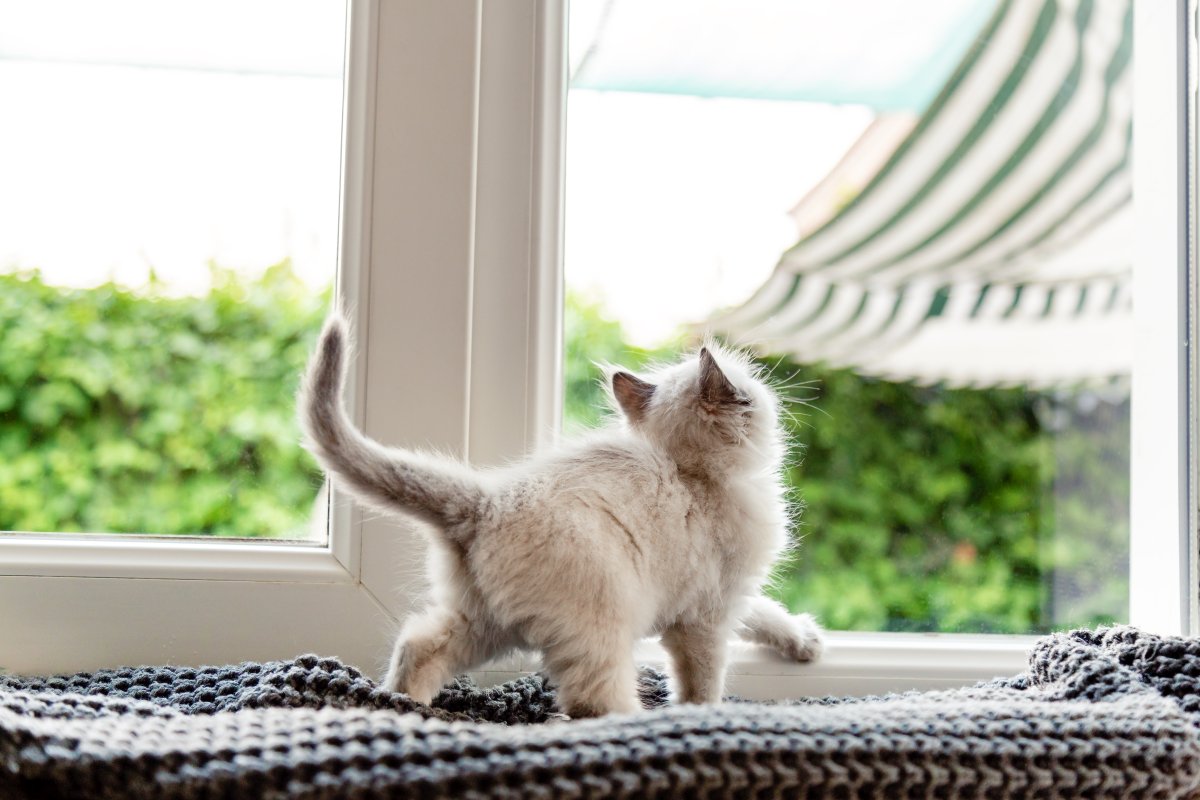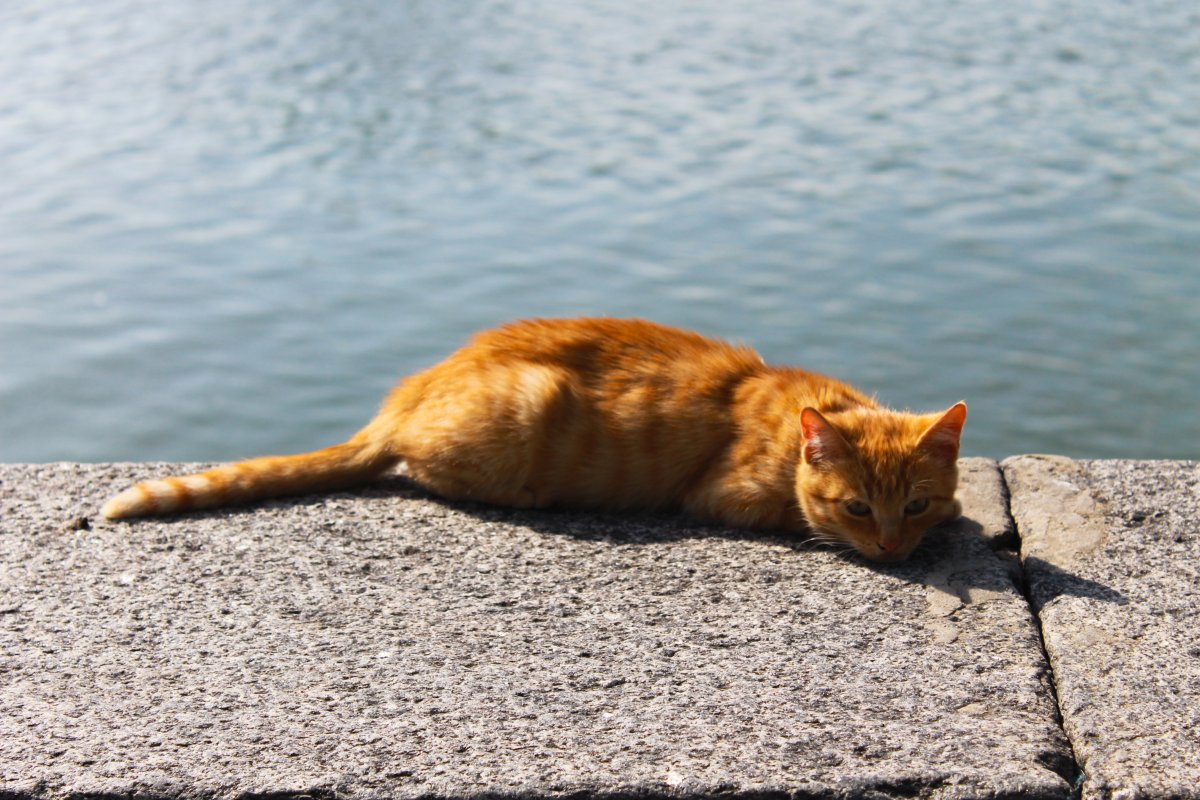A cat lifespan is much shorter than a human’s. Many people wish their cats could live forever or until they are alive, but sadly, that cannot be the case. Read this article to find out if there is any difference in the life expectancy of a cat if they live indoors or outdoors.
Cat life expectancy
What is cat life expectancy? It is the number of years a cat is expected to live. The average life of a cat is 13 to 16 years. Most cats will pass away when they enter these pages. However, some cats have been recorded to have lived up to 30 years of age. This is the case in very isolated circumstances and is not the average cat lifespan.
Letting your cat roam freely
Many cat owners contemplate whether they should let their cats roam freely outside or make them stay inside. If you are a cat owner, you may have noticed that your cat yearns to be outside. They may look out the window for hours, staring at what looks like absolutely nothing to you. They will probably even try to escape your house every time someone opens a door.

This does not mean they don’t love you and want to run away – not at all. All your cat wants to do is be allowed to roam freely, and then at the end of the day, come inside and cuddle up in a comfortable spot. However, there are both pros and cons to allowing your cat that freedom. Keep these in mind when making a choice, as this choice will greatly impact their health, behavior, and cat life expectancy.
Health concerns
Exposing your cat to the outside world will also expose them to a whole new list of health risks. Although keeping your cat indoors means they are more at risk of developing heart disease and diabetes because they will be significantly less active inside the house, taking them outside can expose them to health concerns such as fungal infections, viruses, fights with other animals that may cause wounds and the risk of ingesting poisons or chemicals that will be toxic for their health.
Cats that freely roam outside the house are also more at risk of getting parasites such as ticks, which can be a hassle to clean out of their fur!
Behavior concerns
Other than the change in a cat life expectancy, many people also wonder if their cat’s behavior will change once they let their cat roam freely outside. The answer is yes, and it will change. This is because when cats go outside, they see other cats doing things differently from how they do it, which may influence their behavior change.
They may also become accustomed to doing things a certain way outdoors and start following that even when they come back indoors. An example of this is urinating anywhere in the house but the litter box. This is a behavioral concern for many cat owners when they let their cats go outside.
Outside, your cat may pee on the grass, on a sidewalk, or anywhere they feel like, and it wouldn’t make much of a difference. However, when they do that inside, they may start peeing on the couch, on the carpet, and in your bed, which of course, becomes a problem.
Another problem that comes with a behavior change is when your cat starts attacking people in the home. This can be something they have learned or seen in the outside world and started applying indoors. There is one benefit of letting your cat go outside, related to behavioral changes. Your cat may stop scratching and clawing your couches and sofas, and they will be sharpening their nails on trees and other such things outside the home.
Your cat life expectancy
Even though an indoor cat life expectancy is about 15 years, this is greatly reduced when you allow your cat to go outside. This is because of all the dangers that come along with your cat roaming around in the world. They can be hit by a car, injured by people, shot, attacked by other animals, and the list goes on. Thus, it is said that an outdoor cat life expectancy is about 2 to 5 years, which is a huge decrease from an indoor cat life expectancy.
Keeping your cat safe when they are outside

There are a few ways you can help decrease the risks of letting your cat go outside. These risks can decrease your cat life expectancy. Ensure your cat vaccinations are up to date so that they do not generally catch any diseases or infections from other cats or the environment. Ensure you administer medication to prevent ticks and fleas on your cat and get your cat to come inside before it gets dark. This can help reduce the risk of your cat being run over or getting injured in other ways, such as being attacked by a larger animal, to increase your cat life expectancy.
Indoor or outdoor?
It is believed that letting your cat go outside allows them to have a better quality of life. However, it affects your cat life expectancy. This is because breathing in the fresh air and playing in the sun and a natural environment can be good for their mental health and physical. Keeping them active will also reduce health hazards.
However, many risks come along with letting your cat roam freely outside. Evaluate all of the options and risks, and then decide on what you want to do. It is also a good idea to ask your veterinarian the best and safest option for you and your cat.
Whatever you decide, make sure you take the proper precautions before keeping your cat safe because keeping them indoor or outdoor can have a huge impact on your cat life expectancy.







